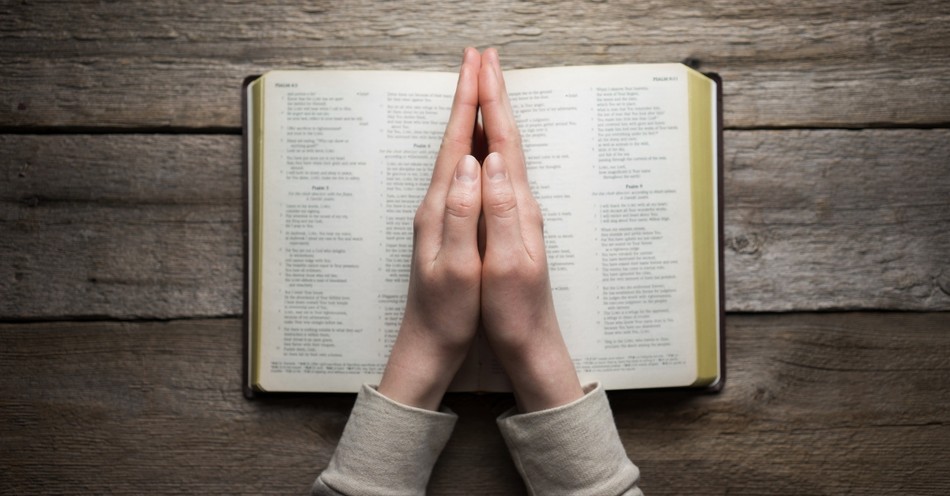Isaiah 53:8
Other Translations of Isaiah 53:8
King James Version
8 He was taken from prison
English Standard Version
8 By oppression and judgment he was taken away; and as for his generation, who considered that he was cut off out of the land of the living, stricken for the transgression of my people?
The Message
8 Justice miscarried, and he was led off - and did anyone really know what was happening? He died without a thought for his own welfare, beaten bloody for the sins of my people.
New King James Version
8 He was taken from prison and from judgment, And who will declare His generation? For He was cut off from the land of the living; For the transgressions of My people He was stricken.
New Living Translation
8 Unjustly condemned, he was led away. No one cared that he died without descendants, that his life was cut short in midstream. But he was struck down for the rebellion of my people.
Isaiah 53:9
9 He was assigned a grave with the wicked, and with the rich in his death, though he had done no violence, nor was any deceit in his mouth.
Other Translations of Isaiah 53:9
King James Version
9 And he made his grave with the wicked, and with the rich in his death;
English Standard Version
9 And they made his grave with the wicked and with a rich man in his death, although he had done no violence, and there was no deceit in his mouth.
The Message
9 They buried him with the wicked, threw him in a grave with a rich man, Even though he'd never hurt a soul or said one word that wasn't true.
New King James Version
9 And they made His grave with the wicked-- But with the rich at His death, Because He had done no violence, Nor was any deceit in His mouth.
New Living Translation
9 He had done no wrong and had never deceived anyone. But he was buried like a criminal; he was put in a rich man's grave.
Matthew Henry's Commentary on Isaiah 53:9
Commentary on Isaiah 53:4-9
(Read Isaiah 53:4-9)
In these verses is an account of the sufferings of Christ; also of the design of his sufferings. It was for our sins, and in our stead, that our Lord Jesus suffered. We have all sinned, and have come short of the glory of God. Sinners have their beloved sin, their own evil way, of which they are fond. Our sins deserve all griefs and sorrows, even the most severe. We are saved from the ruin, to which by sin we become liable, by laying our sins on Christ. This atonement was to be made for our sins. And this is the only way of salvation. Our sins were the thorns in Christ's head, the nails in his hands and feet, the spear in his side. He was delivered to death for our offences. By his sufferings he purchased for us the Spirit and grace of God, to mortify our corruptions, which are the distempers of our souls. We may well endure our lighter sufferings, if He has taught us to esteem all things but loss for him, and to love him who has first loved us.




Matthew Henry's Commentary on Isaiah 53:8
Commentary on Isaiah 53:4-9
(Read Isaiah 53:4-9)
In these verses is an account of the sufferings of Christ; also of the design of his sufferings. It was for our sins, and in our stead, that our Lord Jesus suffered. We have all sinned, and have come short of the glory of God. Sinners have their beloved sin, their own evil way, of which they are fond. Our sins deserve all griefs and sorrows, even the most severe. We are saved from the ruin, to which by sin we become liable, by laying our sins on Christ. This atonement was to be made for our sins. And this is the only way of salvation. Our sins were the thorns in Christ's head, the nails in his hands and feet, the spear in his side. He was delivered to death for our offences. By his sufferings he purchased for us the Spirit and grace of God, to mortify our corruptions, which are the distempers of our souls. We may well endure our lighter sufferings, if He has taught us to esteem all things but loss for him, and to love him who has first loved us.